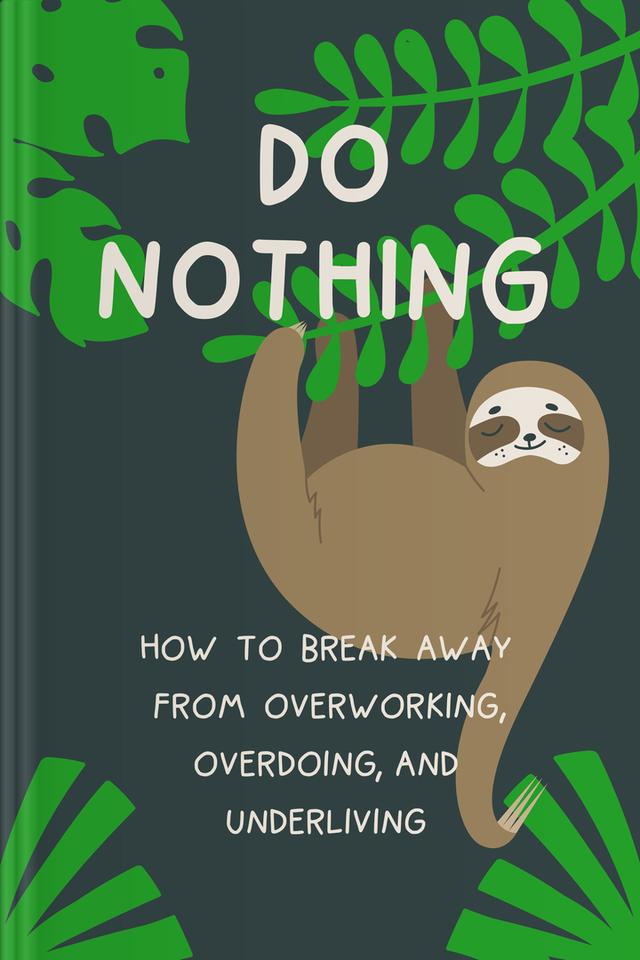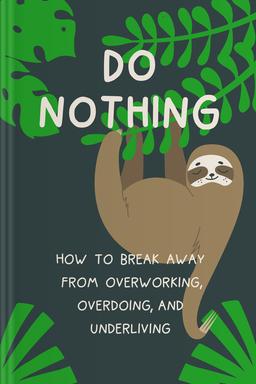
first KEY POINT
Our culture of overwork has driven us to lose sight of what really matters
We work overtime during the week and answer work emails on the weekend. We read tons of books on how to hack our brains to achieve more productivity. We continue reaching for a bar that keeps rising higher and higher, leaving us overworked and overstressed, constantly dissatisfied. We are members of the “cult of efficiency,” and we’re killing ourselves with work.Surprisingly, this cult wasn’t created by our advancement in technology; it was simply added to an existing culture. For centuries, we have made ourselves miserable while we’ve worked feverishly.
According to Celeste Headlee, the cult of efficiency is a group whose members have an intense belief in the virtue of constant activity — in finding the most efficient way to accomplish just about anything and everything. They are always busy, and they believe that all their effort is saving time and making their lives better. Unfortunately for them, they are very wrong. The efficiency they think they've achieved is an illusion. They believe they’re efficient when they’re actually wasting time. Sadly, the vast majority of us have been lured into the cult of efficiency.We are driven, but we've long forgotten what we were driving toward. We judge our days based on how efficient they are, not how fulfilling.We invest our time, energy, and hard-earned money in things we think will make us more efficient, but those things end up wasting our time, exhausting and stressing us out without bringing us closer to our goals. We sacrifice our relationships and our well-being to become more productive, only to become less so.In the following chapters of this summary, you will discover how our society got into the rut of the incessant pursuit of efficiency and how this toxic culture affects all of us. You will also learn how to get more done and become more productive by doing less.
second KEY POINT
Our generation's obsession with work can be traced back to the Protestant Reformation in 16th-Century Europe
During the Protestant Reformation in the 16th century, German professor Martin Luther taught that hard work is a gift from God and that the most faithful people work hard and do their labor efficiently. Luther also believed that idleness should be enjoyed only after death.

Continue reading with Headway app
Continue readingFull summary is waiting for you in the app
first KEY POINT
Getting out of the cult of efficiency requires a change in time perception
second KEY POINT
Perfection is a myth; stop comparing your life to that of others
third KEY POINT
Invest in quality leisure time; take your foot off the pedal from time to time
fourth KEY POINT
Practicing random acts of kindness can help you break free of the obsession with efficiency
fifth KEY POINT
Focusing on your ultimate goals will help you approach life with flexibility
sixth KEY POINT











